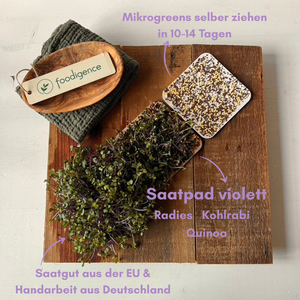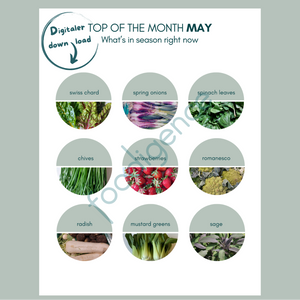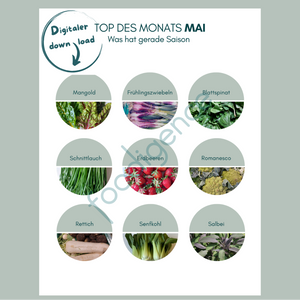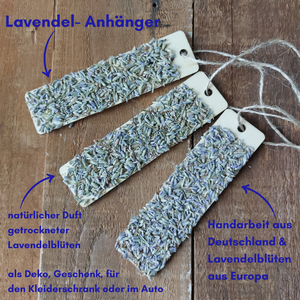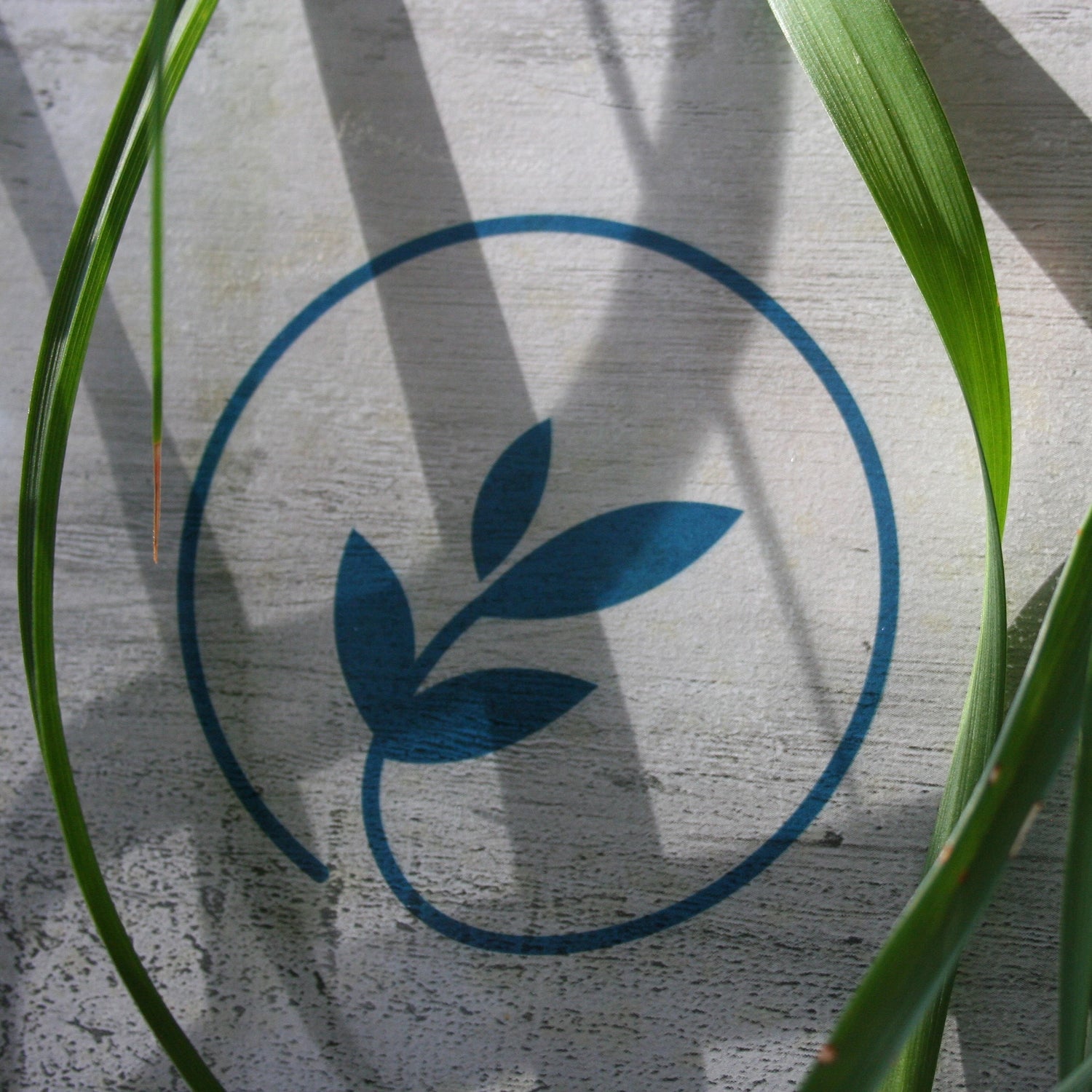
Topics
May we introduce you to the "top performers" of great foods. You simply should get to know them better! Are you ready?
millet
Vital substance “balls” and true fitness boosters 
Millet profile
 Botanical name
Botanical name
Sorghum bicolor
Family
grasses
nickname
Sorghum, Durra, Teff (dwarf millet)
Origin of the name
The German term derives from the Old Germanic male first name Hirsi (also Hirsa or Hirso), which means satiety, nourishment, or nutritiousness. Millet was once a symbol of good luck and is also said to refer to Ceres, the goddess of fertility and agriculture.
Origin/Cultivation
Millet is one of the oldest grains in the world and has been cultivated for around 8,000 years. The Babylonians and Etruscans already consumed it, and millet has also been a staple food in East and Central Asia for around 3,000 years.
Having arrived in Europe via the Silk Road, it was widely cultivated in the Middle Ages. The grains are highly resistant, even in times of drought, and produce relatively high yields. In addition to porridge and groats, it is also processed into flatbread.
Thanks to wholefood cuisine, millet has regained importance in our country, even to the point of being used in vegan cuisine.
Facts in brief
Top iron and protein supplier, available in black, red, brown and yellow, full of healthy minerals, the darker the more antioxidants
Happen
Sprouts / Microgreens: own local cultivation
Plants (main areas): Asia, Africa
Plants (Europe): France, Italy
Germany (Brandenburg)
Season/Harvest (DACH)
Millet needs a lot of warmth and prefers a sunny location.
They usually take about 100 to 120 days to harvest and, as hulled grains, can withstand even extreme weather conditions because they are extremely undemanding and, depending on the variety, require little moisture.
JAN x FEB x MAR x
APR x MAY x JUN x
JUL x AUG ˽ SEP ˽
OCT x NOV x DEC x
x not available ˽ Outdoor 2 Ո Storage / Greenhouse
Storage conditions
cool and dry - can be stored for several years
Edible parts
Millet whole
Preparation form
cooked, sprouted, as flour
